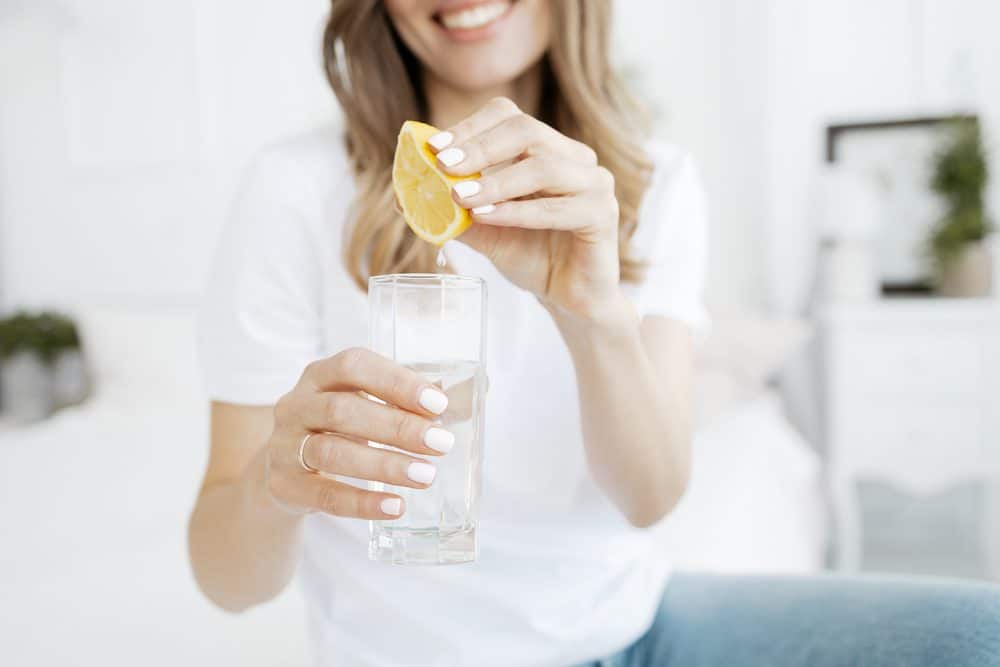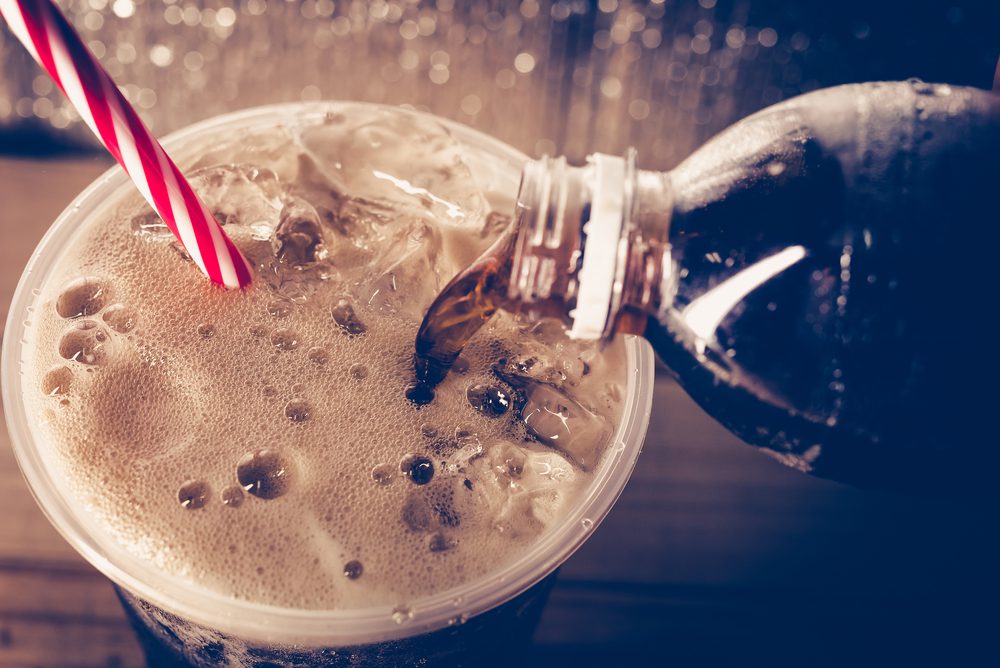Even though you might believe it’s a crazy statement, healthy habits can in fact be a damaging factor to our teeth. You might be trying to develop a couple of habits in order to improve your well-being, unaware of the impact it might have on your teeth.
When we found out what kind of dangers might appear just by trying to live healthier, we decided to ask a couple of doctors that really know the deal. Not only did we learn tons of new stuff, but we were actually left a bit thunderstruck to hear how many things we did wrong. Are you curious to know what we’ve found out? Read on to understand what we mean:

Brushing your teeth right after eating
Have you gotten used to brushing immediately after you finished eating? While brushing regularly is extremely important, timing is EVERYTHING. When you just ate something that’s acidic, such as oranges or tomatoes, the enamel on your teeth softens and becomes susceptible to abrasive wear.
If you brush your teeth while they’re in this soft state, you can remove your teeth’s enamel, which leads to sensitive teeth. If you want to protect your teeth, make sure you wait between 30-60 minutes before brushing. Even more, if you conclude your meals with dairy products, such as milk or a slice of cheddar cheese, it will raise the pH inside your mouth and release calcium.
Brushing teeth wrong
Some people have made a habit out of “scrubbing” their teeth, which stresses the gum tissue and causes your gum line to recede. Even more, overly vigorous cleaning can make your teeth to be more sensitive, as the protective layer of enamel becomes thinner.
Doctors recommend you brush your teeth twice a day with a soft-bristled brush. Pay attention, as the size and shape of your brush, should be able to fit your mouth and reach all the needed areas! Also, don’t forget to replace your brush every other three or four months, or even the moment you see the bristles are frayed. A worn toothbrush won’t do you any good.
Medications that dry out the mouth
If you suffer from a chronic health disease, you probably need to take prescribed medications that might have a side effect of cottonmouth. This can mean a problem for your oral health, as it puts you at risk of developing tooth decay.
Dry mouth from medications usually appears because the medicine decreases the flow of saliva, that’s responsible for protecting your teeth. While no one recommends not taking your meds, you could try drinking more water throughout the day, to keep your mouth rinsed all the time. You could try taking a small bottle of water with you and have it wherever you may be, to make things easier.

Drinking lemon water
Fresh lemon juice is extremely popular now for offering all kinds of health benefits. It enhances digestion, strengthens your immunity, and cleanses our bodies of toxins. Even though adding lemon water to your daily diet is a plus for you, it can still have a harmful impact on your tooth enamel because it raises the level of acid in your mouth.
Think about it, if you drink it throughout the day for a long time, you’re constantly giving your teeth a bath in acidic solution. If you’ve noticed your teeth are more sensitive to hot and cold lately, cut back on the lemon water and buy some toothpaste for sensitive teeth.
Fruit juice
Fruit juice is another drink that might help us get the necessary amount of vitamins and antioxidants we wish for. Although it’s healthy for you (but not in big quantities), most juices are also full of sugar just as much as a can of soda is.
Given the fact that fruits are naturally sweet, try drinking only juices that have no added sugar. Or you can even make them yourself. You can also reduce the amount of sugar content by diluting the juice with some water. As I mentioned above, citrus juice is very acidic, and it is a major offender when it comes to dental erosion.
Exercising (without dental protection)
Another habit that has lots of benefits is regular physical activity. Improves your cardiovascular system, controls and helps adjust your weight, and enhances a happier mood. If you practice an impact sport, like ice hockey, martial arts, or boxing, your teeth are probably the first to be at risk.
Dr. Shane S. Porter of Premier Dentistry of Eagle recommended wearing a mouthguard to protect your mouth while you participate in these risky ventures. Also, intense sessions of exercise can affect the quality and quantity of the saliva you produce, which can raise the pH level in your mouth. Both of these changes can negatively impact your teeth.
Cough drops
While cough drops are famously medicinal, that doesn’t mean they’re also healthy. The majority of cough drops are full of sugar. And no matter where the sugar might be coming from, it’s bad for your teeth. It reacts with the sticky plaque that covers your teeth.
Bacteria in the plaque transform the sugar into an acid that…you guessed right, eats away at your tooth enamel. So next time you soothe your throat with a cough drop, make sure you rinse out your mouth with a glass of water. Then, wait 30-60 minutes before you pick up that toothbrush and start brushing thoroughly!

Diet soda
You might believe that drinking diet soda is a healthier alternative than regular soda because it’s sugar-free, but it also contains phosphoric and citric acids, which are known to destroy tooth enamel. So just to avoid any other risk, drink water instead.
Sports drinks
Cold sports drinks are the best thing that can happen after a good workout. Since they’re not carbonated, they should work fine for you. But it’s not that simple. These types of beverages are high in sugar and create an acid attack on the enamel of your teeth. The best way to stay hydrated without harming your teeth is to drink sugar-free, calorie-free water.
Drinking bottled water
I just spent the entire time talking about how healthy drinking water instead of other drinks is, and now I’m about to say drinking water is bad as well. While I might sound insane, I want to point out the huge difference between tap water and bottled water.
There are many people that buy bottled water as their main source of drinking water. This is great because if water is the only kind of water you drink, you’re missing out on approximately a 25% reduction in tooth decay.
Fluoridated tap water is sustained by many leading health organizations and is proven to help reduce tooth decay in both children and adults. It’s cheap, and it cuts down a lot on the environmental impact that bottled water can have.
If your teeth are sensitive and you want to protect them, you need to invest in a toothbrush that is of good quality and that will be gentle on your teeth.
This one from Philips is affordable, it has a pressure sensor, it’s easy to charge, and it’s going to clean your teeth like no other. Check it out, because it will improve the quality of your teeth, meaning that you won’t have to spend hours and hours in the dentist’s chair!
If you enjoyed reading this article, we also recommend reading: 7 Exercises All Seniors Have to Try (and 10 They Should Avoid at All Costs)





